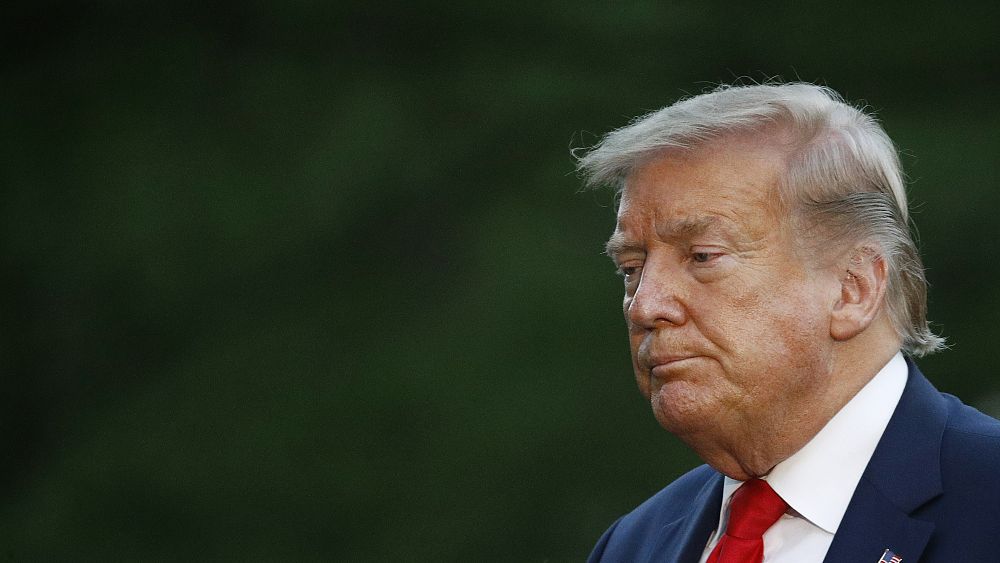When Twitter took the decision to permanently ban Donald Trump from their platform on January 9th, it was hailed by some as a watershed moment.
Edward Snowden, the former NSA contractor who leaked top-secret documents about the surveillance of US citizens, tweeted and said: “For better or worse, this will be remembered as a turning point in the battle for control over digital speech.”
Twitter’s move to permanently ban the president and Facebook suspending him until there is a peaceful transition of power, has opened a significant debate on the role and power of tech platforms.
Whilst the debate rages on about whether it is correct for the platforms to suspend the president, it also called into question social media platforms’ role as a publisher.
Publishers are held to a higher standard for content – meaning that social media platforms could no longer turn a blind eye to content on their platforms. As a simple network, they could argue that they are not responsible for material published on their sites.
It comes after the EU unveiled its plan to regulate Big Tech in December. The Digital Services Act (DSA) will eventually become a key piece of legislation in what currently is a highly unregulated space.
EU Commissioner Thierry Breton tweeted to say that the surge on Capitol Hill was the “9/11 moment of social media”.
Click on the player above as #TheCube’s Seana Davis speaks with anchor Tokunbo Salako.









